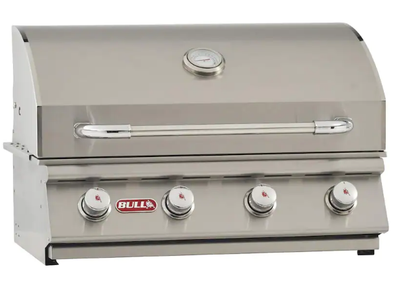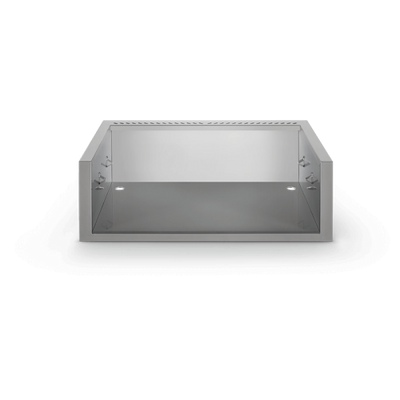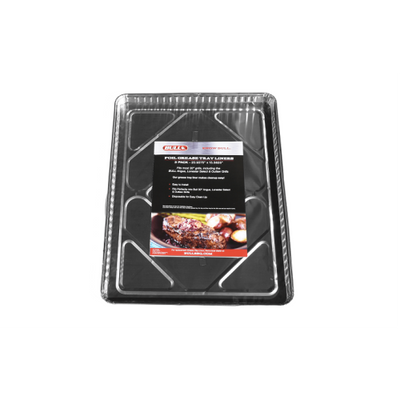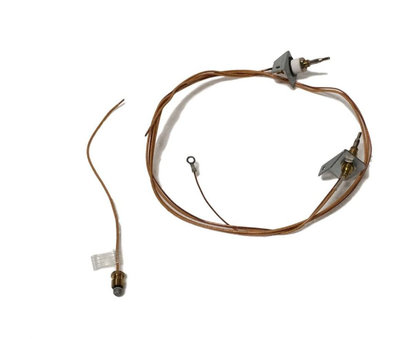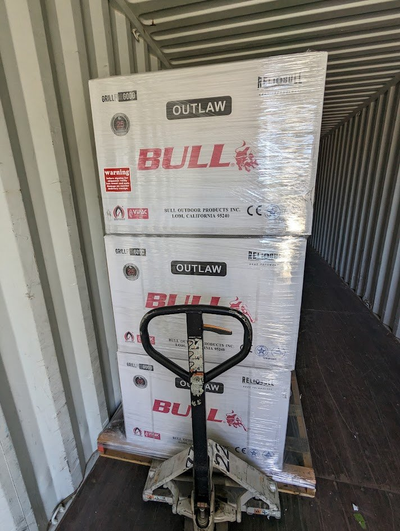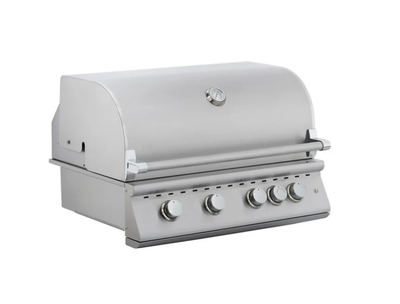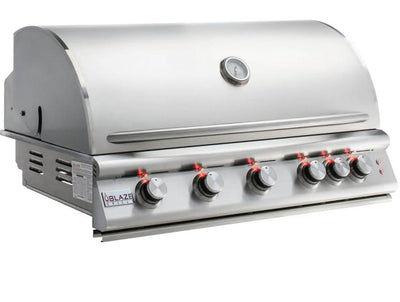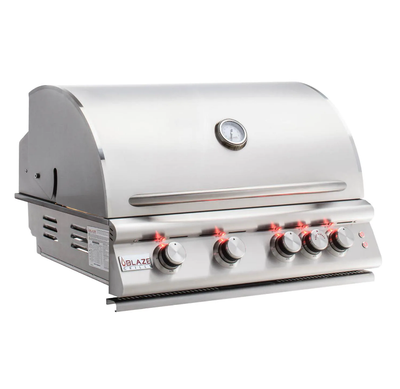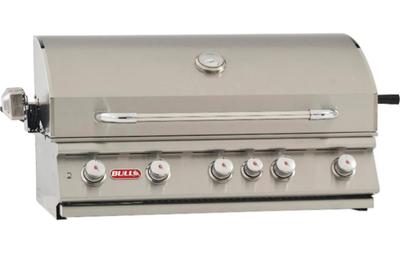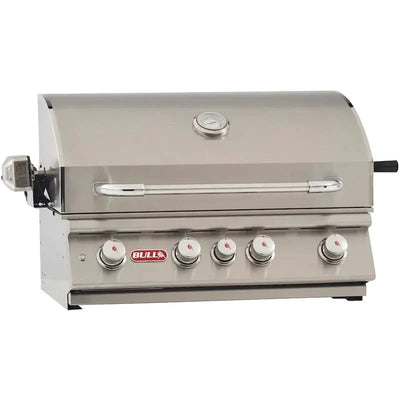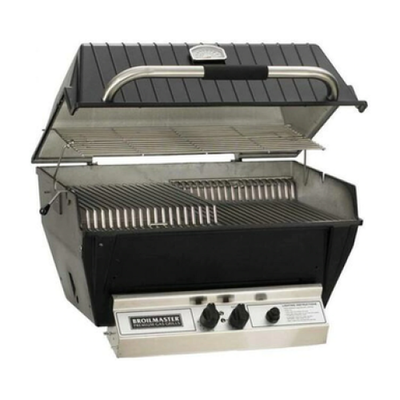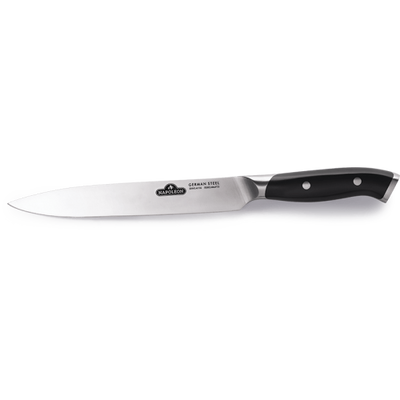
About Paring Knives
At Outdoor Kitchen Outlet, we understand the importance of having the right tool for the job. That’s why we offer a range of paring knives from different brands, each with its own unique features and benefits. Whether you prefer a classic blade made from high-carbon stainless steel or a handle with an ergonomic design that provides a comfortable, slip-resistant grip, we have a paring knife to suit your taste and budget.
Upgrade your kitchen collection today by checking out our extensive selection of best paring knives. With Outdoor Kitchen Outlet, you’ll find the perfect tool to help you achieve precision and efficiency in the kitchen. Shop with us now and enjoy cooking like a pro!
Sales & Promotions
Frequently Asked Questions
An outdoor paring knife is a small-sized knife that is primarily designed for cutting and peeling fruit, vegetables, and other food items while outdoors. It is also used for other outdoor activities such as fishing and hunting.
No, an outdoor paring knife is not suitable for cutting meat. It is designed for use on softer items like fruits and vegetables.
The blade length of an outdoor paring knife typically ranges from 2 to 4 inches.
The edge of an outdoor paring knife is usually made of high-carbon stainless steel that retains sharpness well and resists corrosion.
The handle of an outdoor paring knife is typically made of durable and non-slip materials such as rubber or plastic, to provide a comfortable grip.
Yes, an outdoor paring knife can be sharpened using a sharpening stone or a honing rod.
It is not recommended to put an outdoor paring knife in the dishwasher, as the harsh detergents and high temperatures can damage the blade and handle.
It is best to store your outdoor paring knife in a sheath, storage case, or magnetic knife holder to protect the blade and prevent accidents.
Yes, an outdoor paring knife can be used for camping, as it is lightweight and compact, and can be easily packed into a camping kit.
To clean your outdoor paring knife, use warm soapy water and a soft sponge or cloth. Avoid using abrasive cleaners or steel wool, as they can scratch the blade and damage the edge.
 - Call
- Call 

